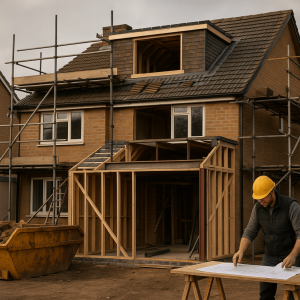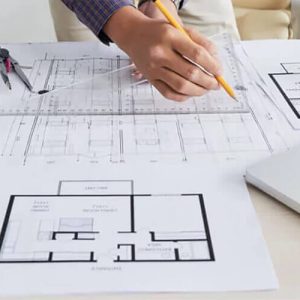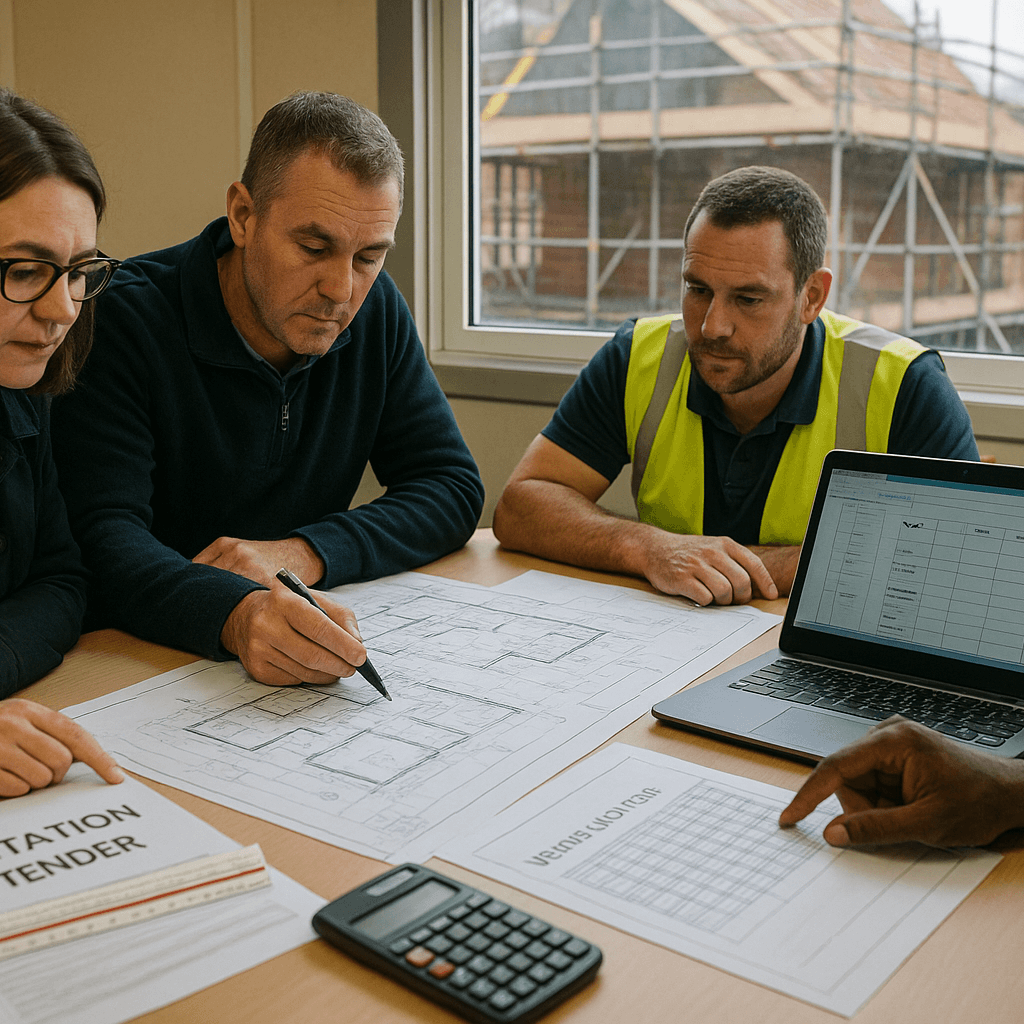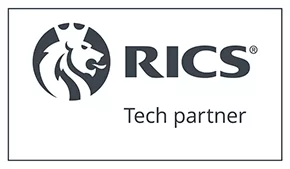Renovation and demolition projects are not just about altering or eradicating structures – they represent a complex interplay of careful planning, precise execution, and deep regulatory knowledge. Let’s dive into the fundamental aspects of managing successful renovation and demolition activities.
Exploring the Realm of Renovation and Demolition
What Entails a Renovation Project?
Revamping existing structures to boost their functionality, aesthetic appeal, and overall value defines renovation. It’s all about breathing new life into a building while keeping its fundamental essence intact.
The Essence of Demolition Projects
Demolition is the process of systematically taking down a building, either partially or wholly, to clear the site for future use or new development. It is a critical step in urban development and renewal.
Crucial Steps for Renovation Success
Initial Structure Appraisal
Commence with a comprehensive assessment of the property to spotlight areas needing improvement, checking structural integrity and potential hazards. This is the blueprint for your renovation strategy.
Evaluating Historical Significance
Does the building hold historical value? It’s not just about aesthetics but adhering to laws that dictate preservation. This influences project scope substantially.
Budgeting and Cost Estimation
Calculating the financial aspects is paramount. From materials and labour to permits, each element requires careful consideration to preempt and manage unplanned expenses.
Conformity to Legal Standards
Ensure all renovation processes abide by the necessary building codes and local regulations. This involves acquiring the relevant permits and staying compliant throughout the project lifecycle.
Emphasis on Green Practices
Incorporate sustainability and energy-efficient solutions to not only enhance the property’s value but also reduce operational costs in the long run.
Quality Assurance
Set in place rigorous quality checks to ensure that renovation outputs meet predefined standards and expectations.
Demolition: A Detailed Roadmap
Rigorous Site Evaluation
Identify potential hazards like asbestos or lead. Creating a detailed demolition plan that addresses these risks is crucial for a smooth execution.
Safety Protocols Are Key
Exemplary safety measures and training are non-negotiable to protect workers and the public, embodying the core of responsible demolition practice.
Environmental Considerations
Minimise the environmental impact through effective measures like dust control, noise management, and robust recycling protocols.
Waste Handling and Disposal
Effective segregation and recycling of waste materials are essential, with stringent disposal methods for hazardous substances.
Clearance and Preparation for New Developments
Post-demolition, it’s imperative to properly clean and prepare the site for subsequent development phases, ensuring all remnants are handled appropriately.
Conclusion
Navigating the realms of renovation and demolition demands a blend of strategic foresight, adherence to best practices, and a robust understanding of regulations. By addressing each aspect diligently, quantity surveyors and project managers can steer these projects to their successful completion, ensuring safety, efficiency, and compliance.
FAQs
What is the key difference between a renovation and a demolition project?
Renovation aims to update and enhance existing structures, whereas demolition focuses on removing structures to make way for new developments.
Why is conducting an initial assessment crucial in renovation?
An initial assessment helps identify critical areas that need attention and assesses potential risks, laying the groundwork for a successful renovation.
What permits are typically necessary for a demolition project?
Demolition projects usually require a combination of local building permits, safety certifications, and environmental clearances.
How can sustainability be integrated into renovation?
Using recycled materials, focusing on energy-efficient designs, and employing sustainable construction techniques are ways to enhance sustainability in renovation projects.
What are typical safety measures for a demolition process?
Safety measures include rigorous worker training, usage of personal protective equipment, and strict adherence to safety protocols.











